Guest Post: Financial Markets and Economic Update - First Quarter 2024
Jeff For Banks
MARCH 21, 2024
Our lives changed forever from this whole experience of the government’s declaration of a national emergency, leading to forced shutdowns of businesses and schools, mandated mask wearing, forcing 6-foot distances between people, travel restrictions, fear mongering with case and death counts, and forced vaccines/boosters. Real GDP was +3.2%



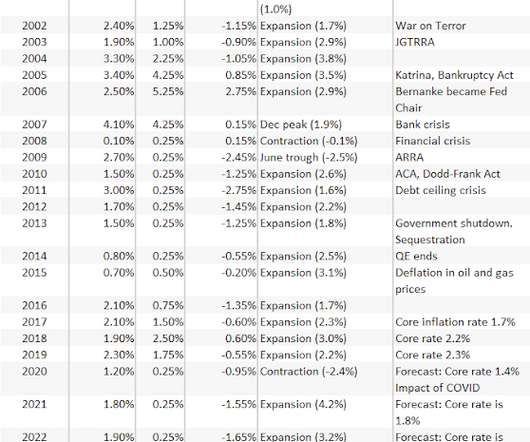

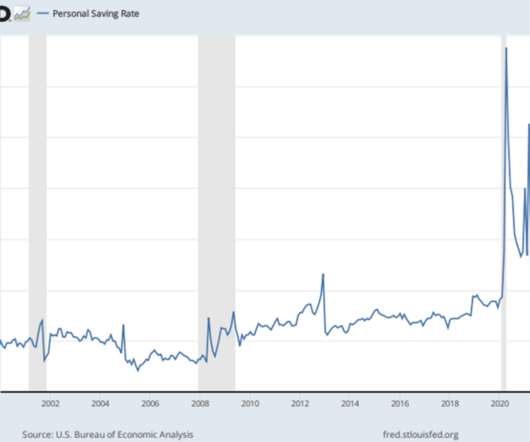

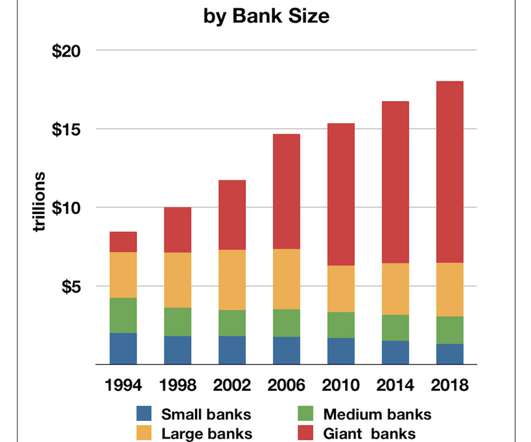
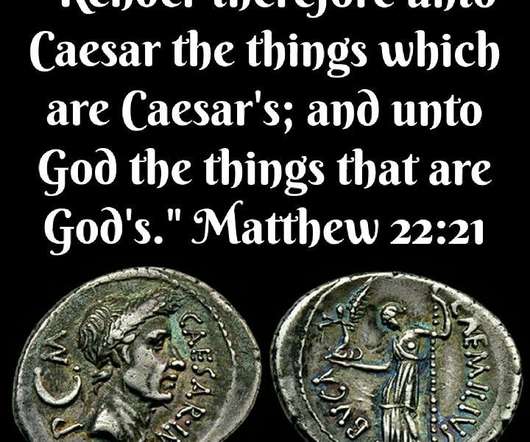



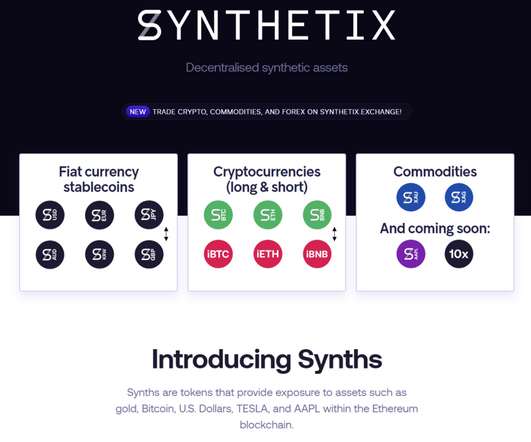




















Let's personalize your content